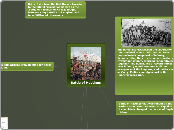door Drithi Panyam 2 jaren geleden
155
Post classical
The post-classical period saw significant changes and developments across various regions. The Mongols, originating from the steppes, established short-lived but influential dynasties like the Yuan in China, utilizing Chinese administrative and taxation practices.









